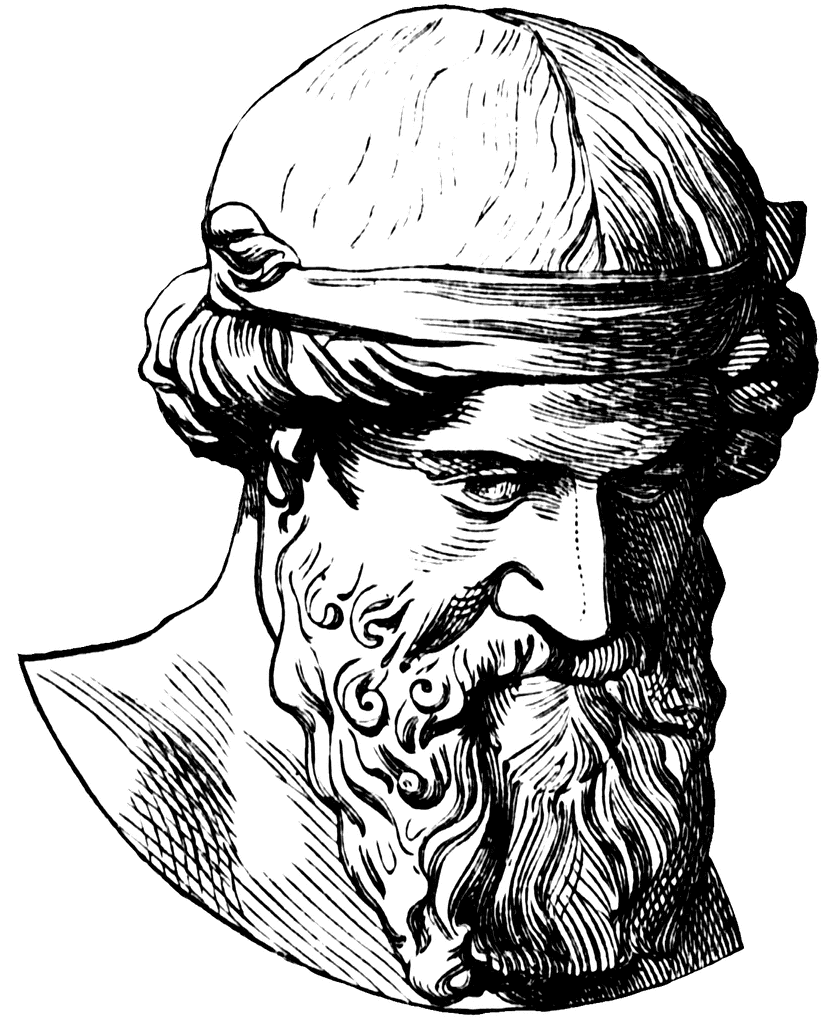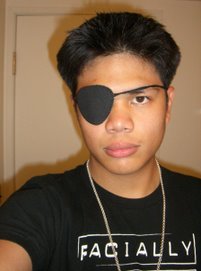


The Greek philosopher Plato was one of the many Greeks who frowned upon the concept of democracy, which in its original translation, meant the rule of the people-- but in its original context, the people who rule were actually closer to the mob mentality and the chaos that comes out of it. Historically, the old Peloponnesian War of the 5th century BCE had the democratic power of Athens throwing its weight around trying to impose its will on other Greek city-states, whereas the militaristic oligarchy of Sparta was fighting against their empire-building ambitions and for their own sovereignty. This example is often used by critics of democracy when they show how it has traditionally never been the pure and infallible ideal that has been championed by the west (especially the French and Americans) for so long.
Plato believed that people should be ruled by what he refers to as the "philosopher king" who is a just, fair ruler that becomes the leader not because he wants to rule (he actually does not want to wield power at all; he actually avoids it), but because he fears what could happen if an inferior ruler was in charge, and takes the job only to make sure it is done right.
By contrast, the Confucian belief system was that everyone had a role in society based on specific social relations that are often misunderstood in the west, especially when confusing it with the later Neo Confucianism of the Song Dynasty that outlined women's roles as being strictly tied to their duties in the home. In terms of how the relationship between the ruler and his subject in the traditional Confucian philosophy, it was not just people putting their faith in the absolute authority of the ruler, but the accountability and responsibility of the ruler to his people, lest their faith be misplaced.
Looking at these two perspectives of governmental responsibility, how do we assess democracy in an age where the definitions still elude many? To begin with, it is important to know that democracy is not simply entitling everyone the right to vote, as it can happen as an act for show, much like the elections in Iraq that voted Saddam Hussein into power for another term before he was ousted in 2003 along with his totalitarian dictatorship. Democracy-- especially in terms of development-- refers to the institutions and bureaucracies, as well as the accountability of them and officials in charge for their actions and responsibilities.
How much of this has been lost since democracy has been mis-represented as the freedom to express offensive ideas or promoting the process of voting rather than creating actual accountability and representation? When looking at current failures and corruption in governments masquerading as democracies in name only (the fallen Republic Iraq and the Democratic People's Republic of North Korea being prime examples), or the Americans who allow hate groups to exist in the name of their democracy, it is somewhat disillusioning to see what has happened to the idea of democracy.
Under the current (mis)understanding of democracy, the Philippines, after a visit from Singaporean leader Lee Kuan Yew, earned his comment that it "needed more discipline and less democracy" due to the communication divide. Part of the problem in developing countries is that the criticism of leaders by allowing an excess amount of expression in democracies is that it creates such a level of distrust that governmental support and political aspirants rarely have a chance to work in good faith due to the unfair association of being susceptible to corruption even before committing those acts, which in turn inspires them to achieve their political goals through corruption in order to survive.
Thomas Hobbes, author of Leviathan a pillar of western political thought, would be disappointed at the way that the allowance of excessive free expression undermines the authority of the government and the respect due, which in turn weakens the relationship between the citizens and the government. After all, the social contract did not just detail the responsibility of the government to protect its citizens, but for the citizens to be responsible for their government as well, meaning that if they expect to have a responsible government, they cannot erode its image by mixing its effectiveness with the personal lives of its leaders, especially if it is no concern of the people to judge whom their leaders are sleeping around with behind their wives' backs, especially if those same leaders are doing a good job.
Perhaps the real issue is not to just let the idea that democracy is about voting and freedom of expression, but to correct that misconception and clarify its meaning of accountability and responsibility, as well as limiting the expression that allows libelous articles from tabloid-level journalists to mistakenly draw connections between state leaders and their extramarital affairs while promoting an image of the government that is consistent with its level of responsibility.

